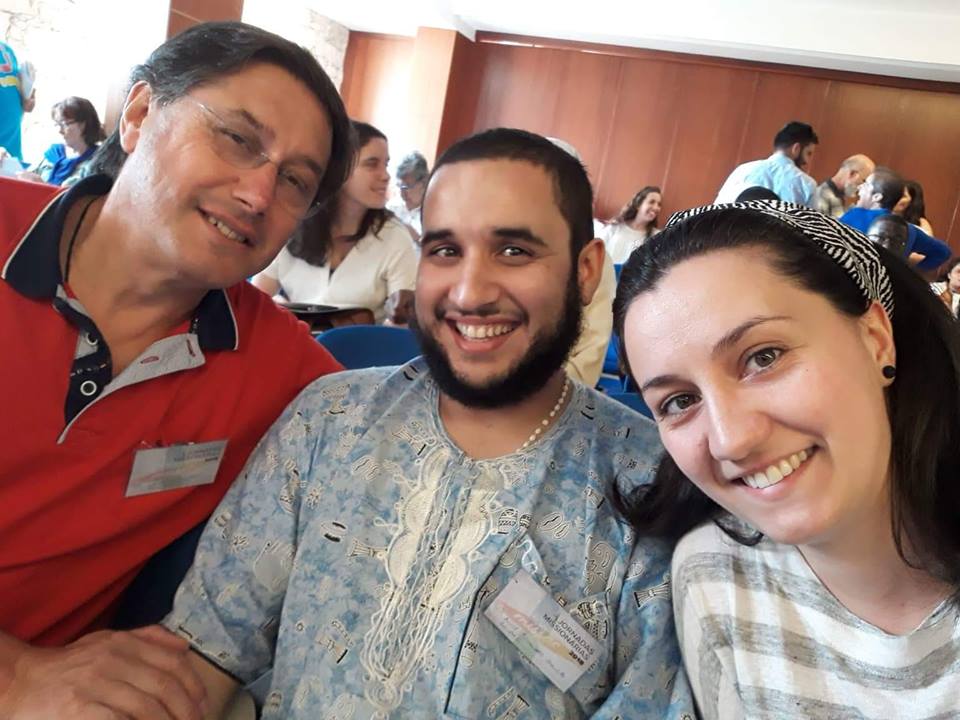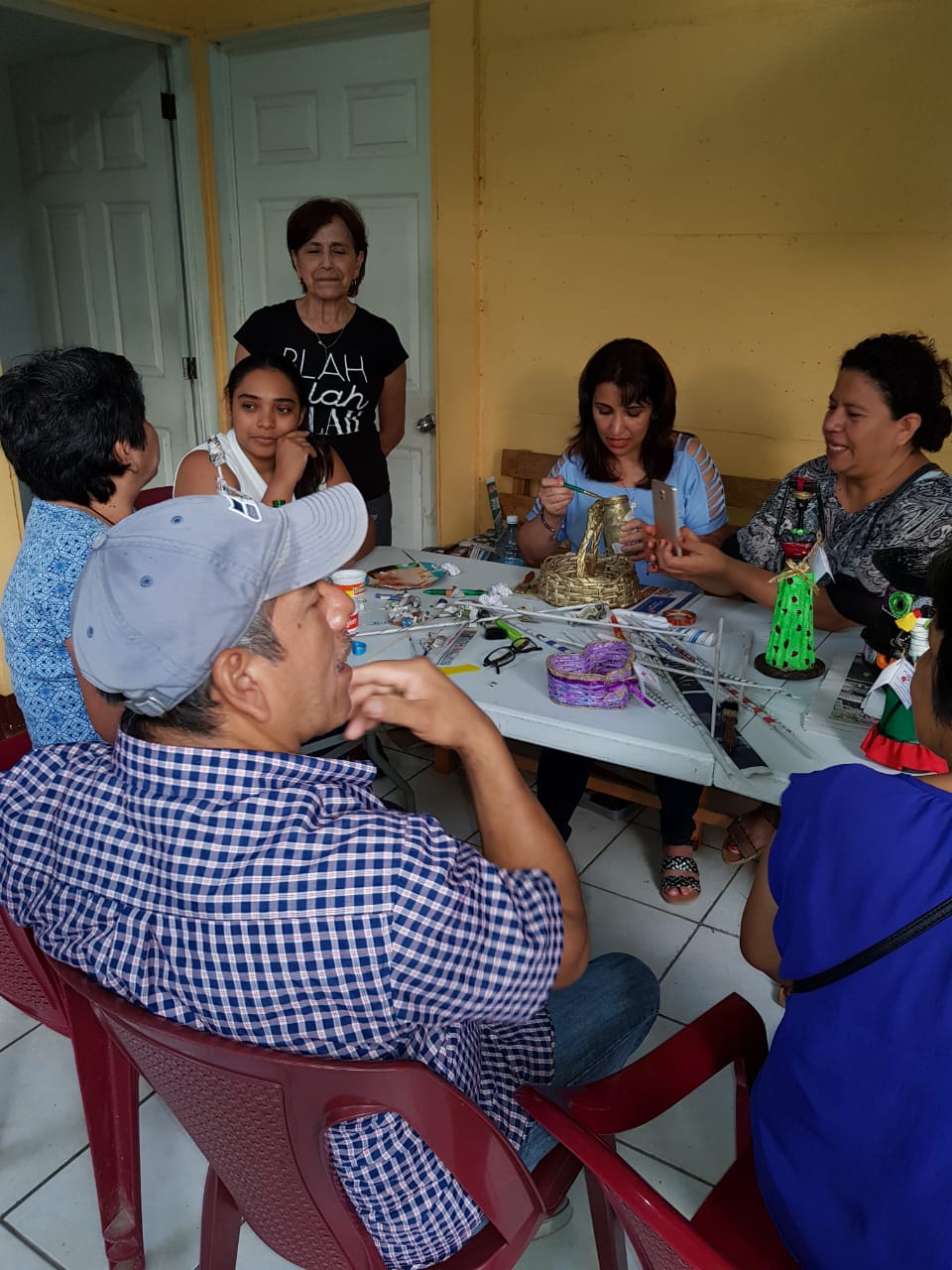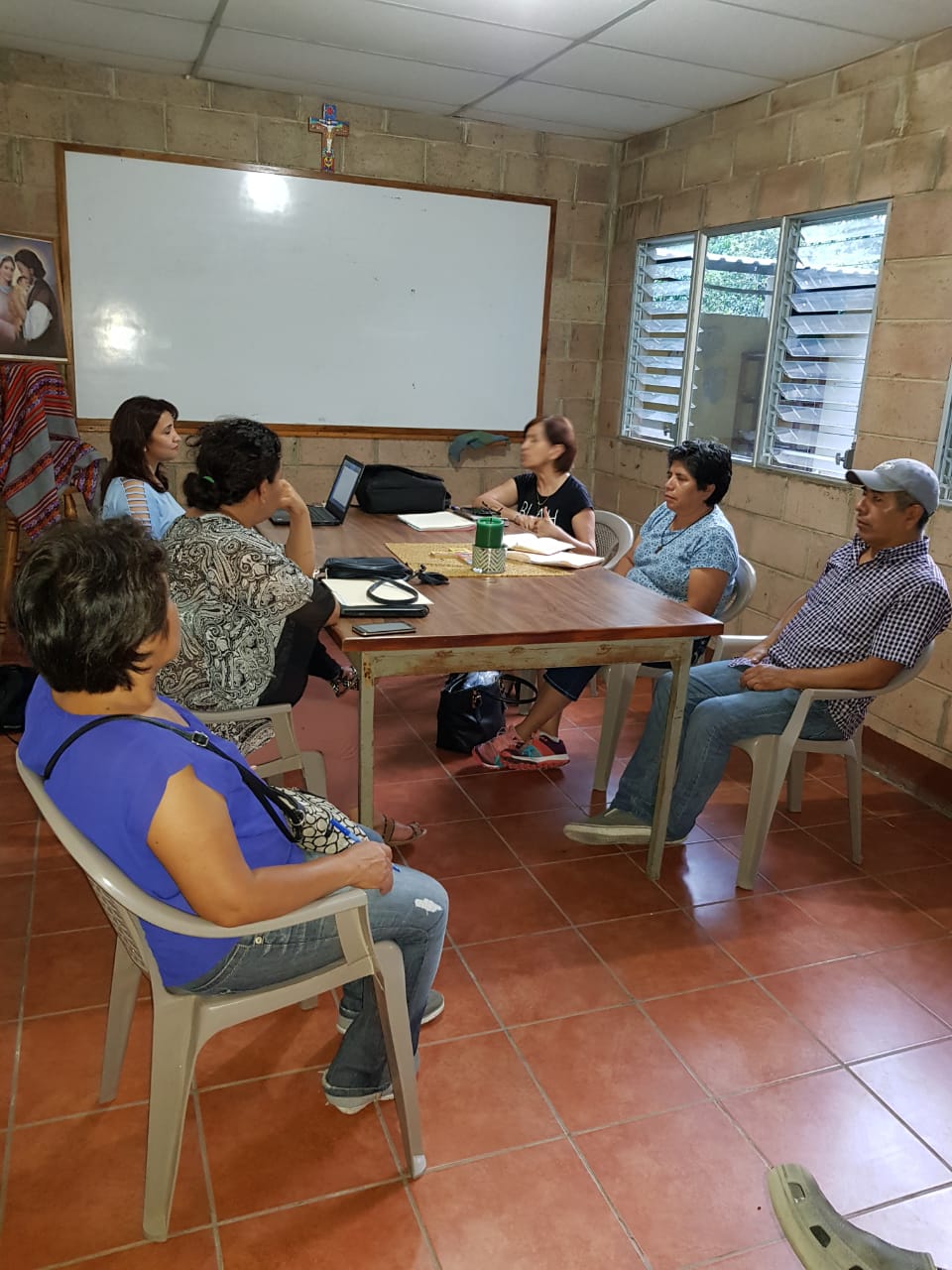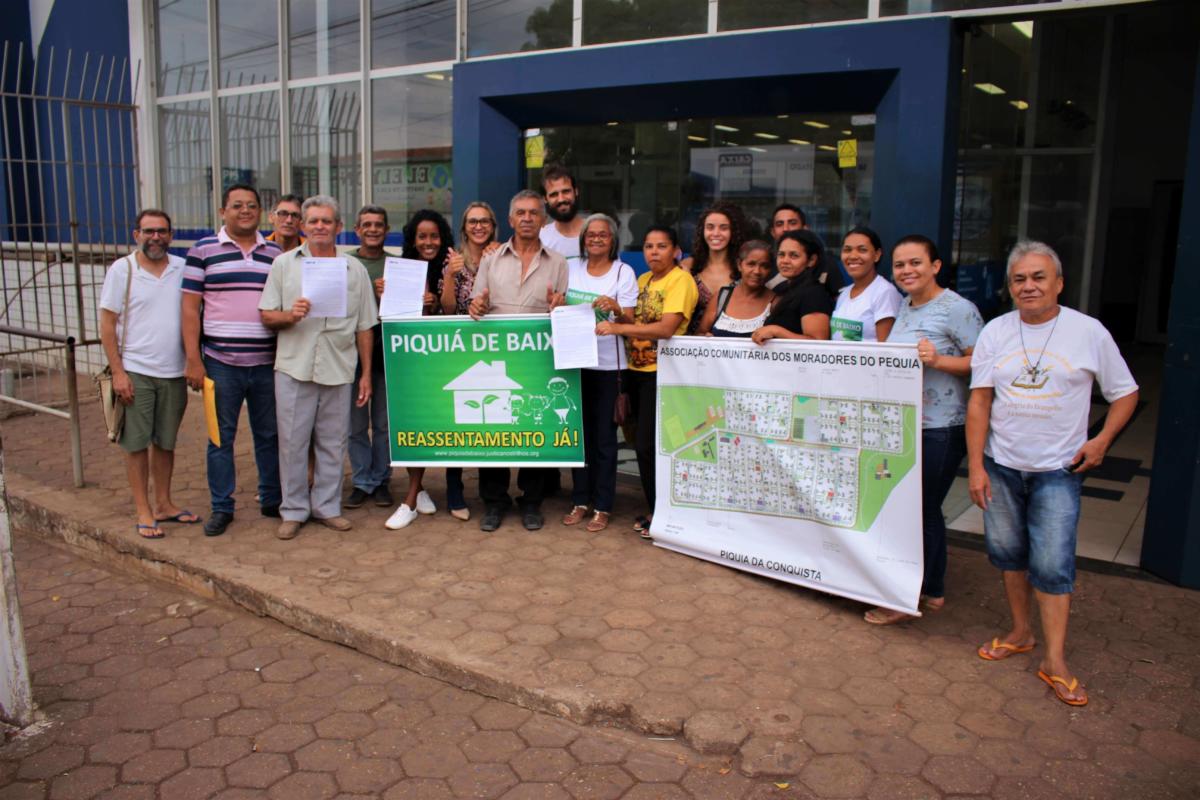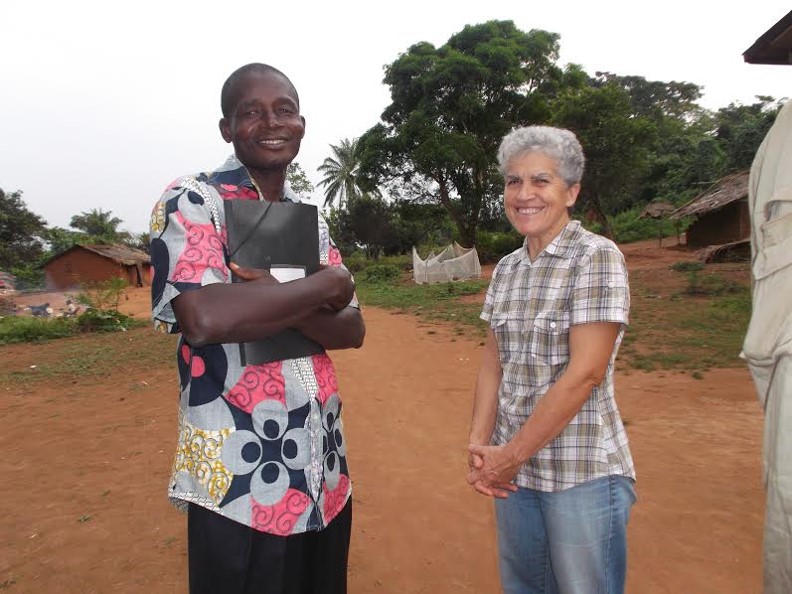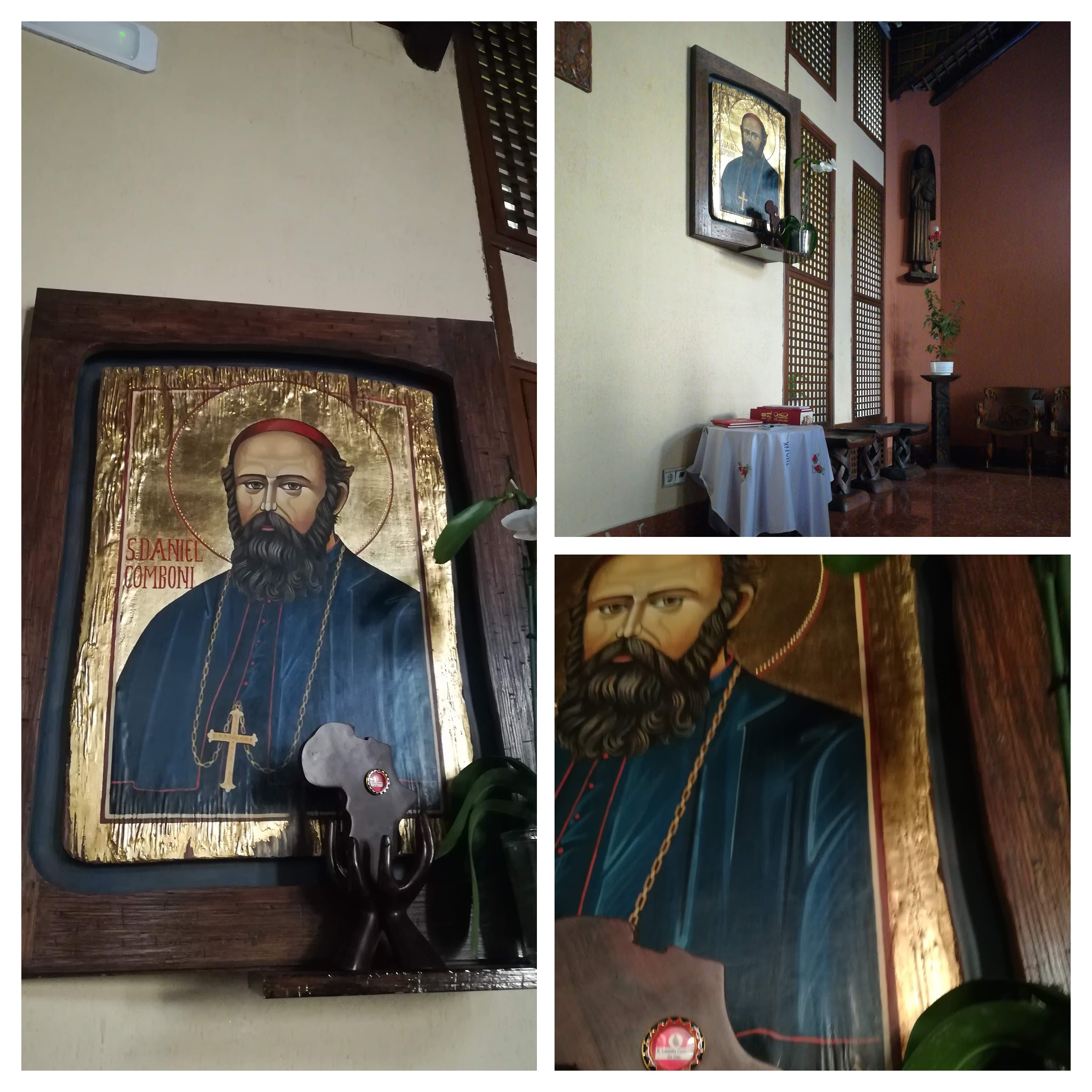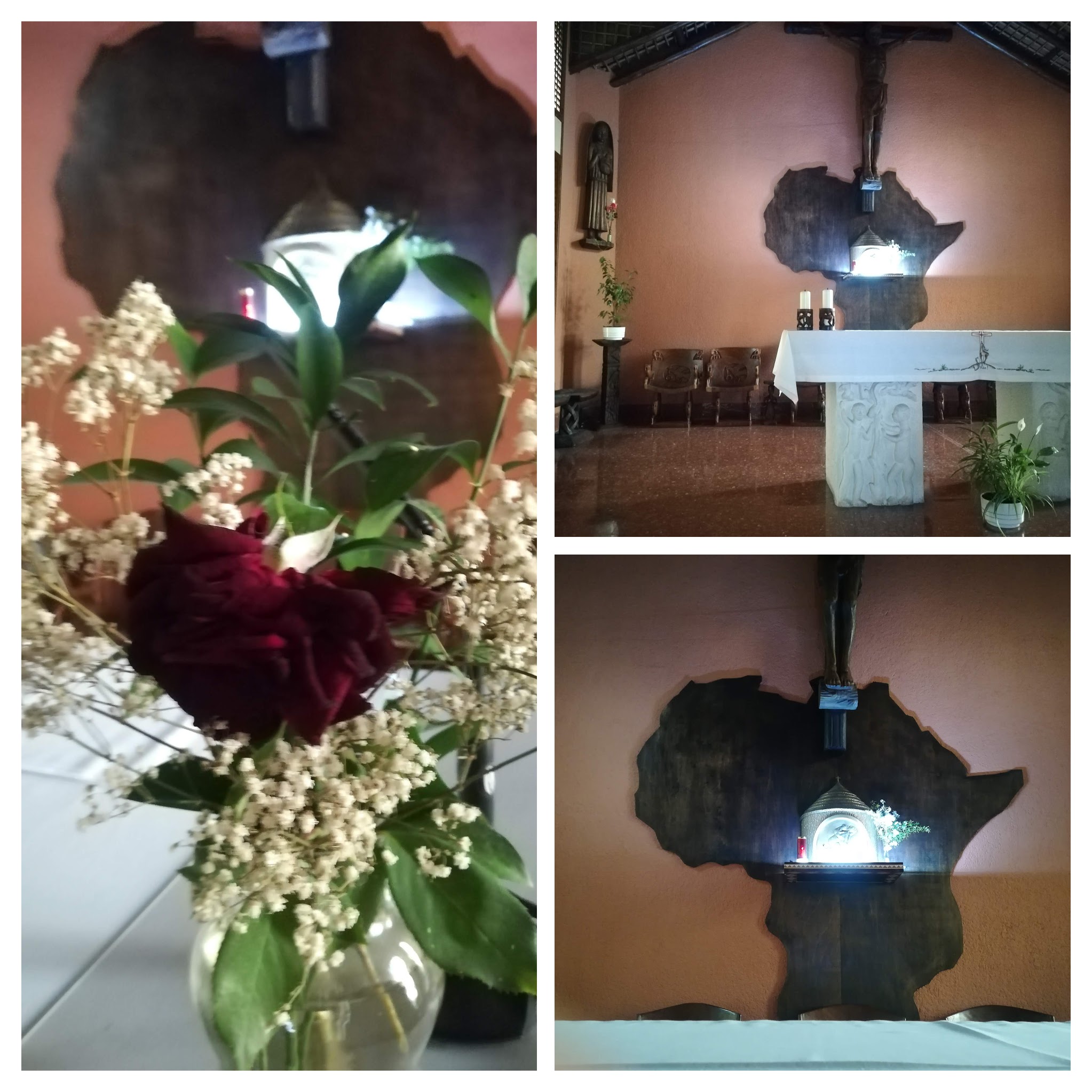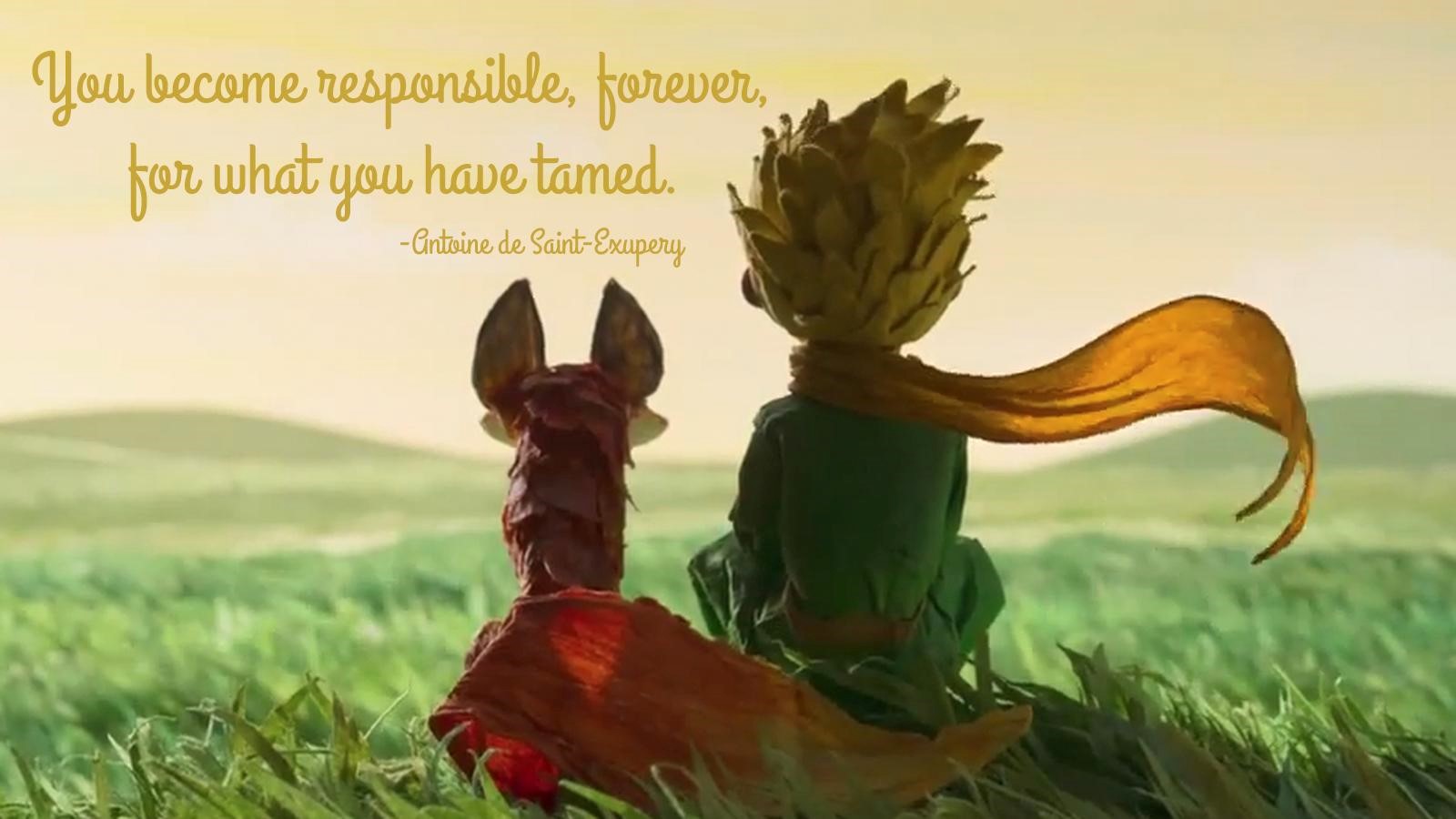The much awaited Mission Days of 2018 on the theme, “I am the Mission,” took place in Fatima on the weekend of September 15-16. These Mission Days were based especially on the presence of various institutes, congregations, movements and especially members of the missionary youth who came from various parts of the country and of the world.
The Days started with a welcome and a prayer prepared by the organizing committee, followed by the opening in the presence of Bishop D. Manuel Linda of Porto who gave us, as always, a few words on the meaning of mission and what it means to be in mission in today’s world, especially among the youth of this century.
A short time later we were blessed with a currently very prestigious speaker, Dr. Juan Ambrosio, theology professor at the Catholic University of Lisbon, who explained to us briefly and simply what “I am the Mission” means. According to him, “I am the Mission” is not an experience lived from the outside into the inside,, but it is I, myself and nothing more. In this case, “I am the Mission starts from within and goes out, to the “other” because, if I am the Mission, being baptized and a child of God, we were chosen by him to serve and love the others. It is from there that Christianity always holds as its foundation, goal and structure an experience of encounter principally with Jesus (his way of being and of living); with God (in the option for the kingdom) and with human beings and their history (their aspirations, their frailty, their accomplishments). This is why, according to Dr. Juan, Mission must be an experience of the encounter with Jesus which is personal (I) and in the first person plural (Us) and only in this way we will be able to be and to do mission in the world.
But to be complete and according to this idea, Mr. Ambrosio also tells us that it is not the Church that has a mission, but rather the Mission has a Church, namely, Mission is concerned with everything and is everyone’s concern because it is not reserved only to some “professionals,” but rather to all who are baptized in Christ. Thus, Mission can be described with three principles, or better, the great tripod on which the entire Christian identity is based: Charism, proclamation of the Word; Liturgy, celebration of our faith, the Eucharist; Diaconía, namely living in charity, thuds forming Koinonía as the fiber connecting these three pillars forming the Tripod. This is why the Mission of the Church must reach all the peripheries always keeping as its objective the proclamation, the celebration and the charity as the fullness of its essence in order to be considered fully Christian.
After a morning of theory, fundamentally based on “I Am the Mission,” as the theme of the Days, we continued in the afternoon with a more practical and concrete exploration through some workshops titled: 1. Church and dialogue; 2. Mission and communion; 3. Mission at the margins; 4. Everyone and everything always in mission; 5. To be Mission; 6. To share the journey.
In the evening we had with us the Mission Band to give joy and spirit to the young with its moving and heartfelt music. During this first day we also had some missionary witness. We concluded the day with night prayers before everyone returned to their nests to rest before the next day.
On Sunday, being the last day, we had a round table discussion with various contributions on the topic, “What Church do we expect? In view of a more dedicated mission.”
And to close the Mission Days, we celebrated the Eucharist presided over by Bishop Manuel Quintas of Algarve. After Mass we had the missioning of some individuals who are about to go ad gentes and the conclusions of these Mission Days. Then came the good-byes and the departure of each one to their mission and daily life.
David and Laura Fernandes Ganilo






